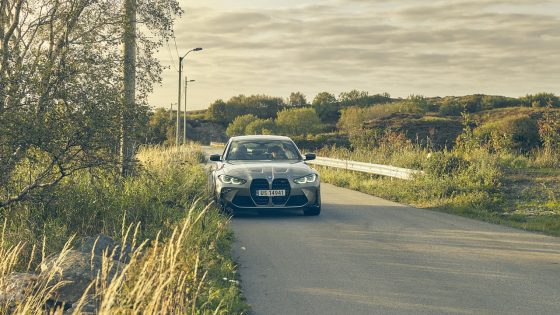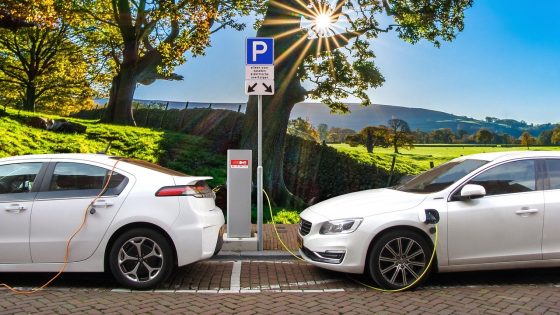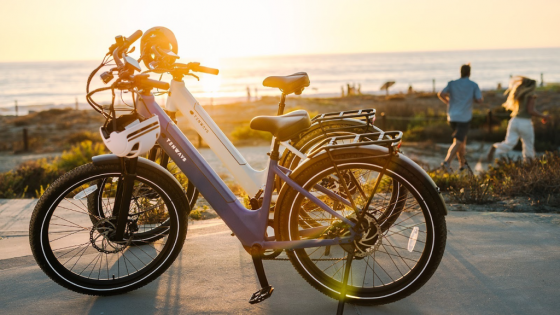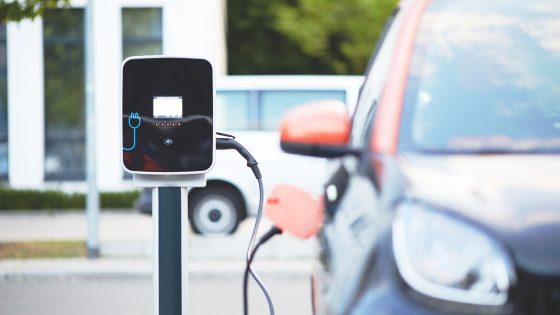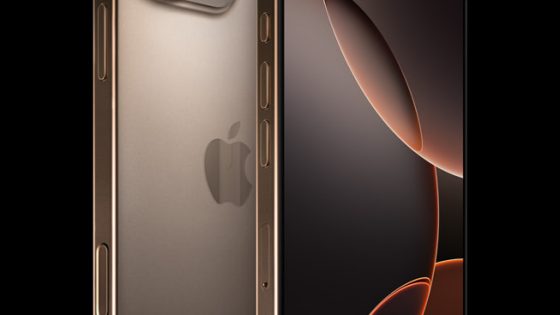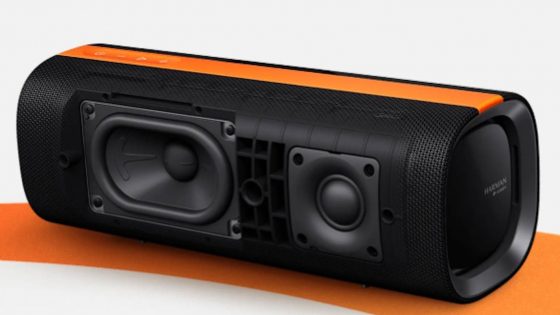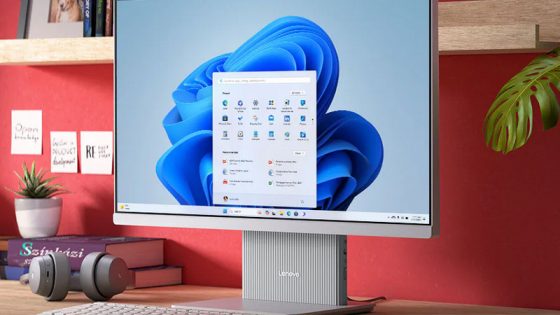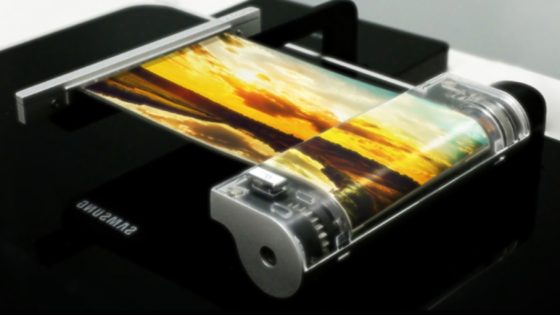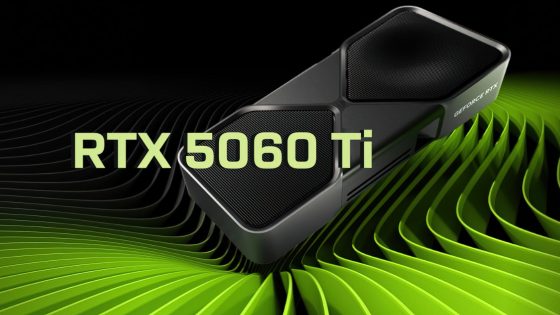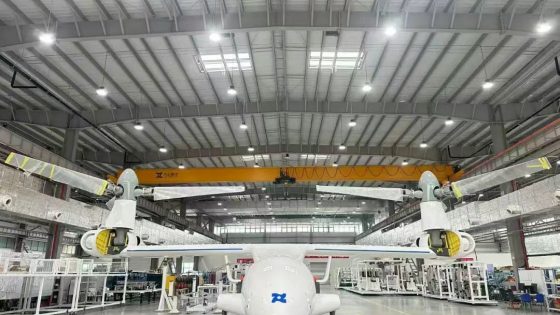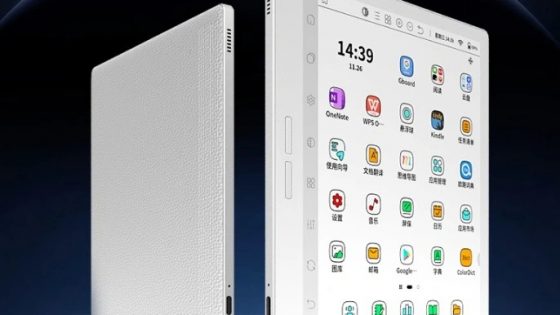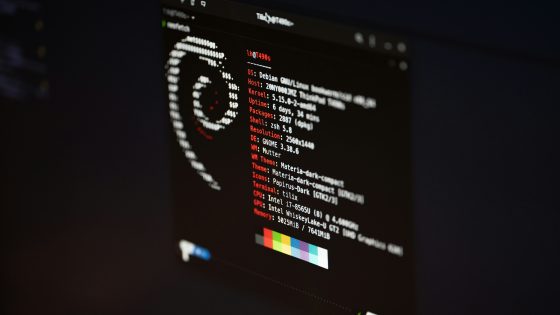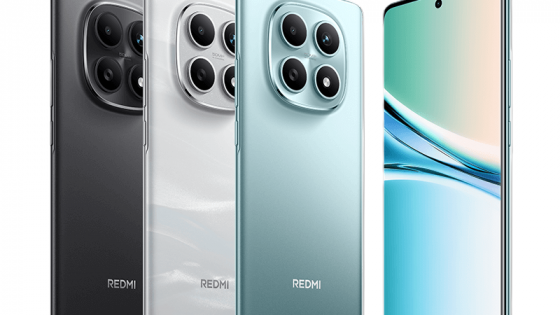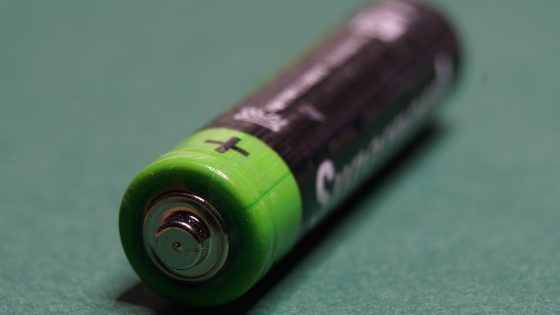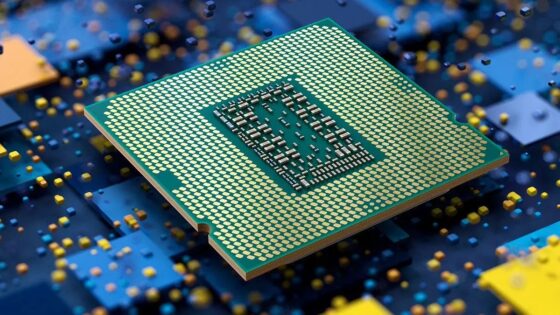CUPRA feels threatened by EU tariffs
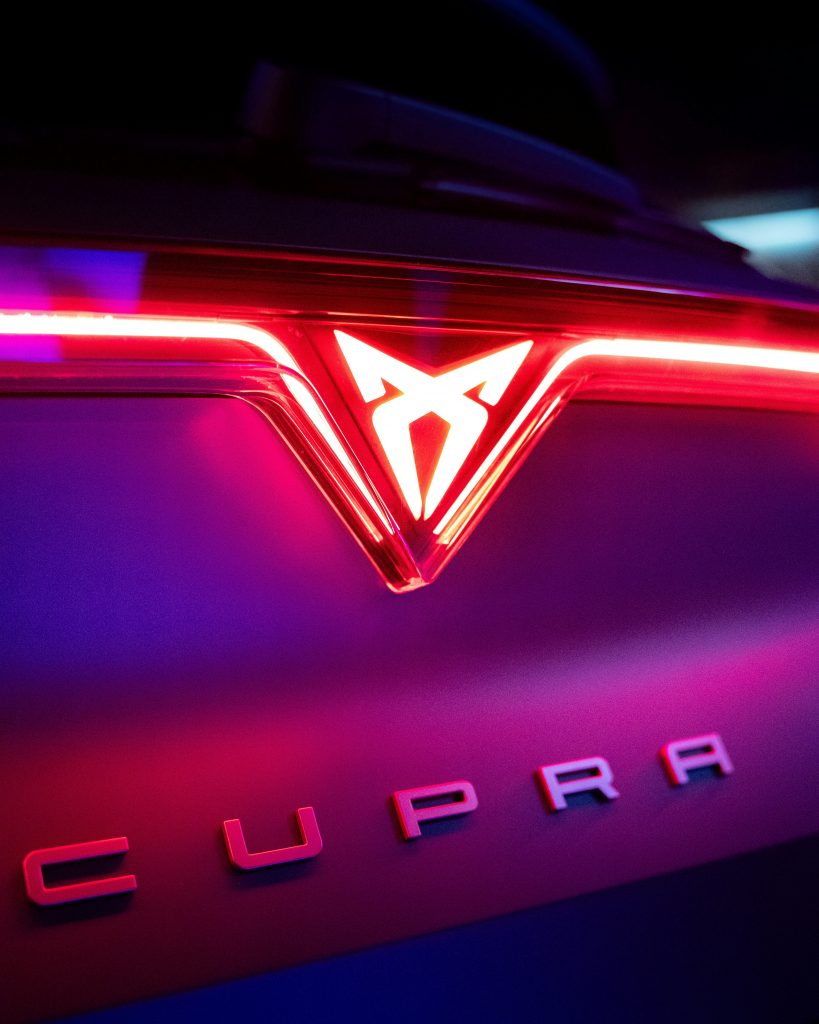
CUPRA, operated by parent company Volkswagen, fears a planned import tariff of 21.3 % on cars imported from China. CUPRA is a European company, so why is there fear?
Not all of their vehicles are made in Europe. The Tavascan electric car is an SUV designed in Spain and manufactured at the Anhui plant in China, which CUPRA owns together with the Chinese JAC Automobile Group. The Tavascan currently sells for around 52,000, if they wanted to cancel the planned import duties, they would have to raise the price of the car substantially, which according to Wayne Griffiths, head of the SEAT and CUPRA brands, is out of the question in this European economic environment.
They can't move the production of the car overnight either, because the investment in the Chinese factory was too big to be thoughtlessly abandoned.
Griffiths says falling sales could cause CUPRA to miss European targets for reducing CO2 emissions, which would lead to heavy fines and, in turn, production cuts and layoffs of Spanish workers.
"This puts the entire financial future of the company at risk," Griffiths said. "The purpose of the customs duty was to protect the European automotive industry, but for us it has the opposite effect. We have to find a solution."
The additional duty (21.3 %) is in addition to the standard European customs duty on car imports (10 %). The proposed tariff is a measure and a response to Chinese subsidies that are making it difficult for European carmakers to keep up.
Beijing has already threatened to hit back with investigations into imports of dairy products, pork and cognac. European manufacturers also fear that China could impose similar tariffs on imports into Chinese territory. Volkswagen, for example, exports a third of its cars to China, so the additional tariff could severely damage sales for the German manufacturer, which is already facing declining sales and possible factory closures in Germany.
In the original plan, the CUPRO Tavascan would have faced an import tax of 38.1 %, but the company resisted the decision of Brussels. Since the company participated in the European investigation of Chinese subsidies, the tariff was reduced to the current 21.3 %.
"We are not a Chinese brand that wants to flood the European market," concluded Griffiths, who hopes that they will come to a common solution with the EU.




